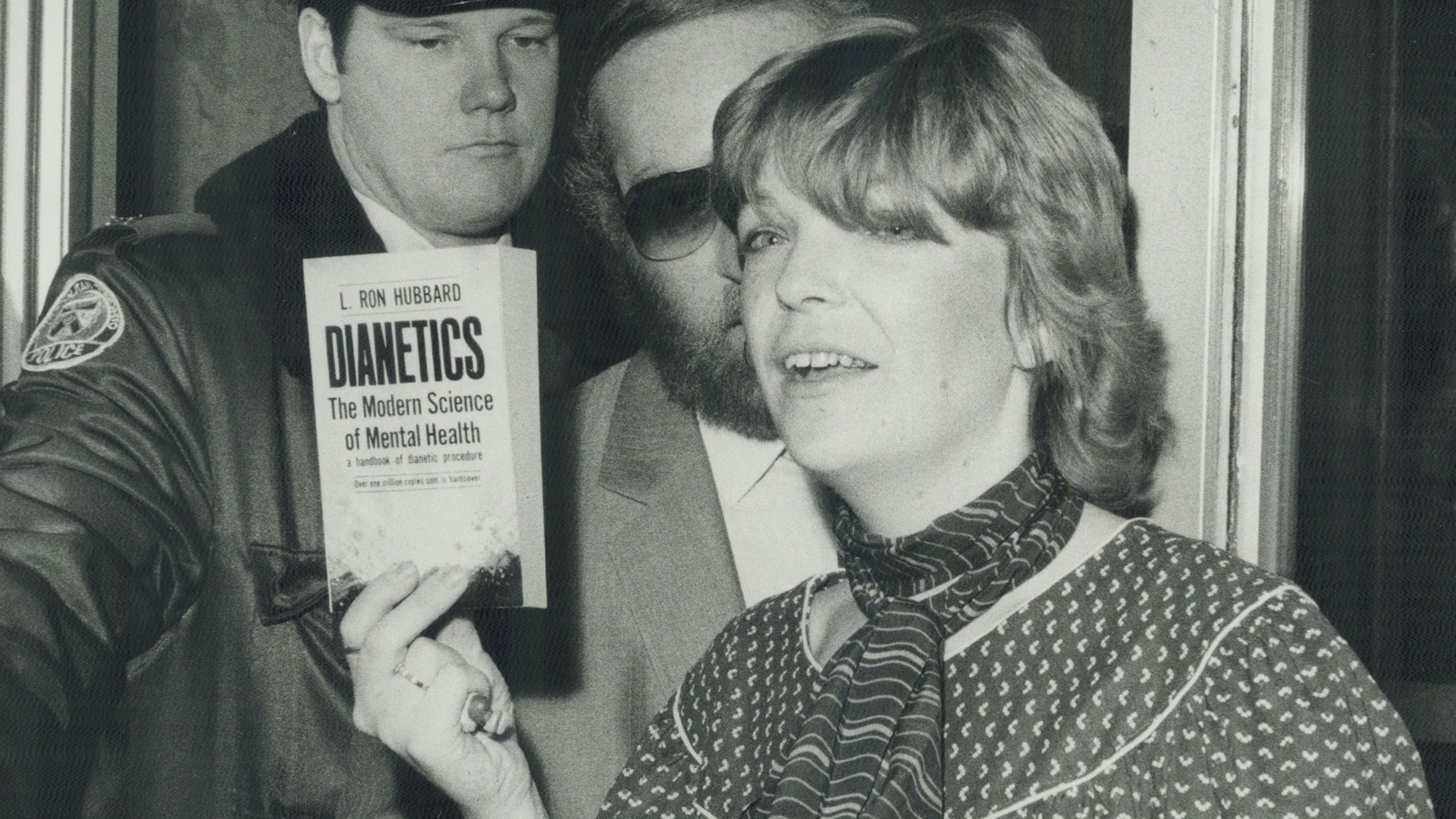More About Dianetics
Wiki Article
See This Report on Dianetics
Table of ContentsSome Of DianeticsDianetics Fundamentals ExplainedHow Dianetics can Save You Time, Stress, and Money.Excitement About Dianetics
I could not ever not want to receive anything that enters your mind for you- if it was or else, I would not be sitting below with you, doing this. I not only can never have a problem, or otherwise intend to listen to something that enters your mind for you, yet I'm totally excited to understand every idea, every thought, every image or sensation that arises or materializes for you- do not ever before believe otherwise, and if somehow you do, please simply allow me know! Sometimes, you might have a thought, and image, idea or case turn up that does not appear to answer the question, or relate to it, yet nonetheless, always do inform me concerning it, and as we continue, the significance will emerge for you.This is inherent in the basis of processing, and the topic of this conversation: the standard functions of the therapist and the client: The standard function of the counselor is, in contrast to "conventional training", not to control, which implies to apply and/or prevent, however to instead work from the basis of EMPOWERING THE CUSTOMER.

Not known Facts About Dianetics
John Mcmasters expressed this basic fact incredibly well in one of his lectures on Power processing, in which he explains exactly how he was asked what this "special propensity" was that he had for giving such excellent sessions; he needed to consider that for a minute, and detected that it was what he wasn't doing, along with what he was doing: he wasn't evaluating, judging, computer, or as a matter of fact, generating any kind of thoughts, let alone verbal expressions, after giving the command and while waiting on the PC to finish their solution to their fulfillment; he was, merely and just, existing with the computer, and completely interested.The role of the therapist, demonstrated; that was his "unique knack". I have actually had my very own experience which educated me this well, really beforehand in the video game. In 1982, having recently completed my training and internship on New Age Dianetics, I was running this on a COMPUTER, and there was a factor in the session where (being a bit wet behind the ears not yet having several hours under my belt as a professional auditor) the computer seemed to be "taking as well long" to share anything vocally after I provided him a command.
This trick became the most useful contribution that John ever before made to the topic of treatment or auditing (Dianetics). In my modest point of view, it is the best payment that anyone has actually ever before made to these subjectsthe application is totally non-judgemental, non-evaluative, and devoid of these details any recommendation, suggestions or opinion.no preconditioned agenda for people, or 'degrees' that they should do
In Idenics, the only resource of details concerning a customer is the specific client. In Scientology we prided ourselves on not reviewing for people. All that actually meant was that the auditor did not Vocally review for the Computer in session. The registrars and principles police officers examined for the computer.
Some Known Details About Dianetics

Anybody who had actually ever seen John audit might not aid yet discover a special high quality in his auditing."The customer's standard role is to be there with the objective of relocating in the instructions of their spiritual objectives, and to openly and totally share and experience whatever materializes for them in answering the concerns and executing the instructions in the processing.
This is something to process as needed. Yet additionally, individuals often have previous experience and/or brainwashing in auditing/processing which, in some methods, and to some levels, really misguides them right into perspectives, ideas and behavior patterns that avoid the full understanding of these roles, therefore they will certainly often tend to prevent the expressing of what comes to mind, as in the instances offered over. * The initial, and probably leading instances of mis-indoctrination leading to less than totally smooth and efficient sessions, can be discovered in specific aspects of the training routines, or "TR's":"TR's" are frequently a person's initial, or at the very least early, experience in Scientology, and while I will certainly go on find here to discuss what I see as the flaws in concept and practice, nonetheless, have a tendency to be significantly restorative, done as special info they are offered (Hubbard insists that "TR's are not refining, they are educating", however factually, they are both processing AND training)
There is no "failing", and no denial of the reality of this being handling. The emphasis, as it ought to be, is on experiencing the other individual's presence.
The Best Strategy To Use For Dianetics

Report this wiki page